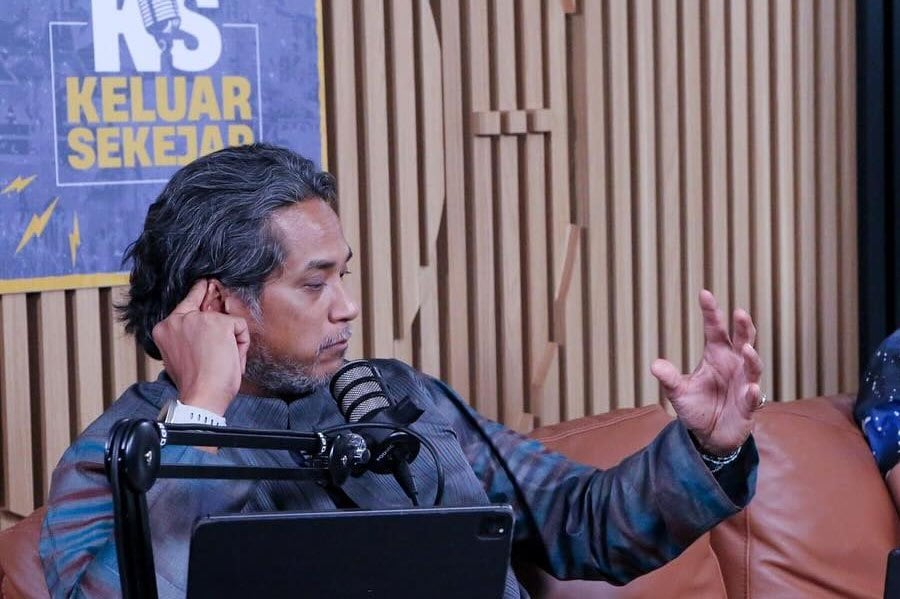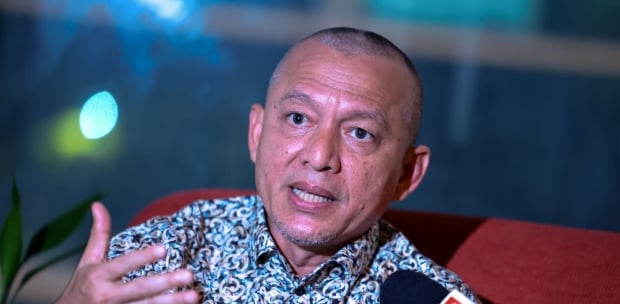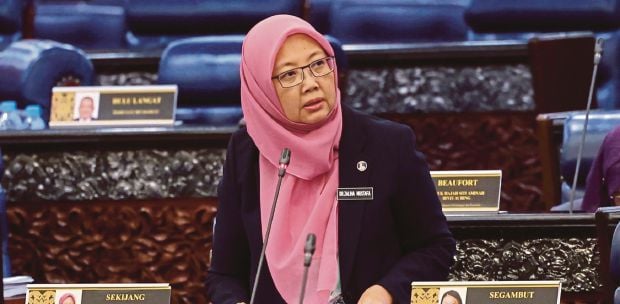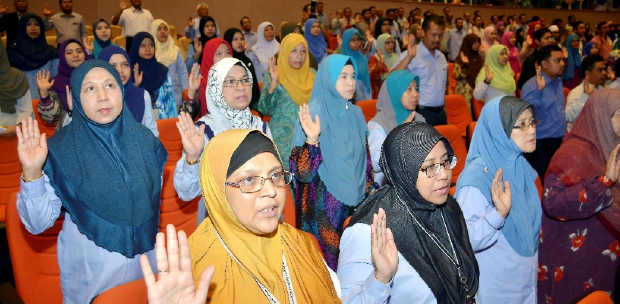KUALA LUMPUR: Former minister Khairy Jamaluddin has highlighted the importance of addressing the government's proposal to abolish the pension scheme for new civil servants during the upcoming Bumiputera economic congress.
Khairy said the significance of exploring this issue at the congress, scheduled from Feb 29 to March 2, considering the majority of civil servants are Bumiputeras and the potential impact on their social security.
"Although this issue involves all races and communities, in reality, 90 per cent of our civil servants are Malays or Bumiputeras," he said.
Khairy suggested that raising this topic at the congress would demonstrate the government's support for Bumiputeras' social security.
The discussion, he believes, should encompass the broader financial security concerns of the Bumiputera community, particularly given the impact of recent EPF withdrawals on retirement funds.
Shahril Hamdan, co-host of Khairy's podcast "Keluar Sekejap," also stressed the importance of addressing Bumiputeras' savings and strengthening their financial security in the face of economic challenges.
The congress, expected to convene more than 3,000 participants, aims to focus on various clusters, including enhancing the halal industry and addressing the economic needs of Sabah and Sarawak's Bumiputera communities.
Prime Minister Anwar Ibrahim has expressed the government's desire for the participation of Chinese and Indian chambers of commerce in the congress.
Regarding Anwar's recent statement claiming the eradication of hardcore poverty in Kuala Lumpur, Melaka, and Negeri Sembilan, Khairy advocated for a more comprehensive approach to poverty eradication.
He questioned the methodology used, emphasising the need to consider factors beyond household income, such as living conditions, nutrition, education, and health.
Khairy suggested adopting a multidimensional perspective, highlighting the importance of the Multidimensional Poverty Index (MPI) introduced in the 11th Malaysia Plan, which incorporates monetary and non-monetary aspects of deprivation.
However, it remains uncertain whether the MPI is utilised in calculating poverty rates in the country.
The government defines hardcore poor as those living in households with a monthly income of less than RM1,169, while absolute poverty is characterised by an income of less than RM2,208.





